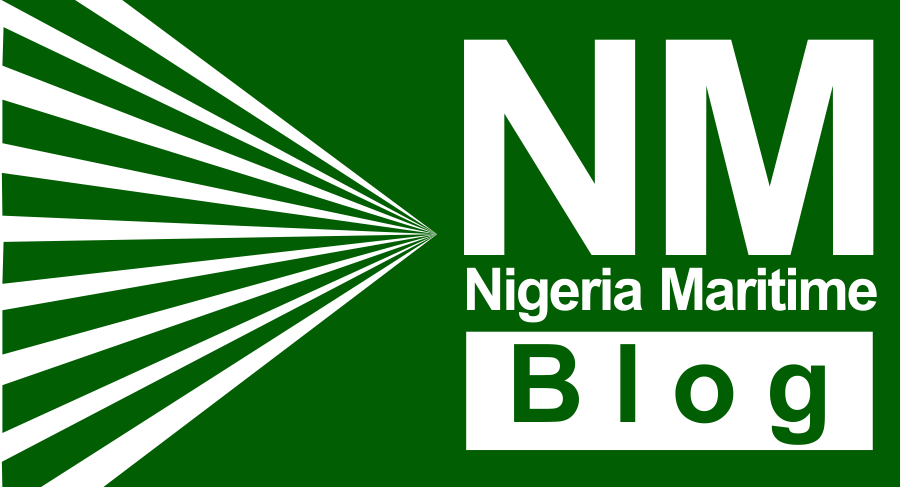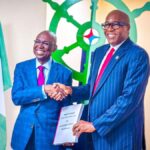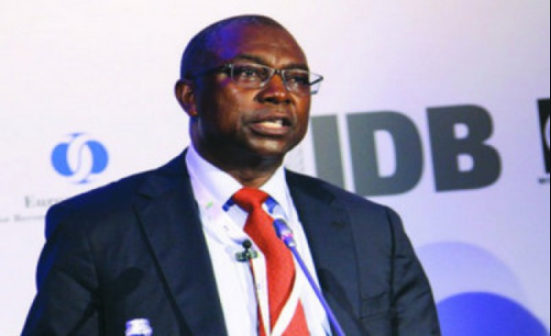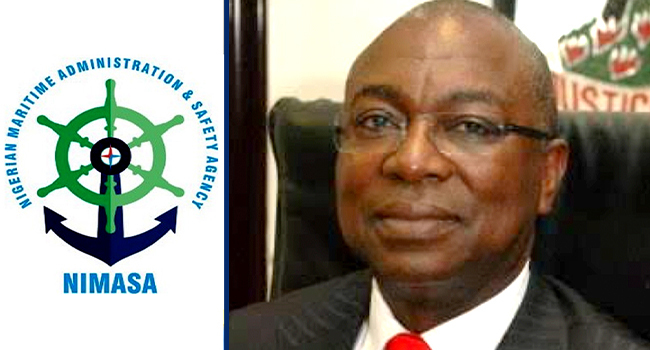Months after the Nigeria Customs Service Act (NCSA) 2023 was assented to by ex-President Muhammadu Buhari, the legislation has again been rejected by stakeholders who claim their inputs were not accommodated in the final draft.
Despite the controversies surrounding the legislation, it was signed into law on April 20, 2023. This has compelled the National Council of Managing Directors of Licensed Customs Agents (NCMDLCA) to petition President Bola Tinubu over what they call “illegal passage”.
In a 36-page ptition sent to the president with a copy made available to The Guardian, the president of NCMDLCA, Lucky Amiwero, said the act is in conflict with other government agencies’ functions and contravenes international best practices on global trade procedures and practices.
Amiwero said that the defective act was rejected several times by Buhari in 2013, 2016 and two other times due to the flawed clauses it contained that are detrimental to trade.
He said the piece of legislation was not subjected to stakeholders’ engagement with the Senate, who are waiting to rectify the defects noticed in the House of Representatives public hearing and other controversies.
Amiwero said the stakeholders who include the agencies of government, ministries departments and agencies (MDAs) and the private sector were shocked to hear that the rejected document was signed a few weeks before the exit of the previous administration.
He highlighted some of the sections of the NSC Act 35 of 2023 that need urgent amendment so as not to hinder trade, direct foreign investment and conflict with other government agencies.
They include the complete removal of the Minister of Finance from critical aspects of the economy, with regards to import, export, manufacturing and other matters, conflict and contradiction on the application of valuation procedure, conflict with the Central Bank of Nigeria (CBN) on their statutory function and non-inclusion of the discipline and tenure of the customs comptroller-general.
Others are the NCS board limitation in functions and lack of governing power, concentration of the single window platform on the NSC in contravention of United Nations Centre for Trade Facilitation and Electronic Business (UN/CEFACT) recommendation among others.
He urged the President to, as a matter of urgency, set up a committee of experts on trade procedure to rectify the defect of the Act, by the Presidency, Secretary to the Government of the Federation and the Minister of Finance who is to coordinate the fragile economy.











